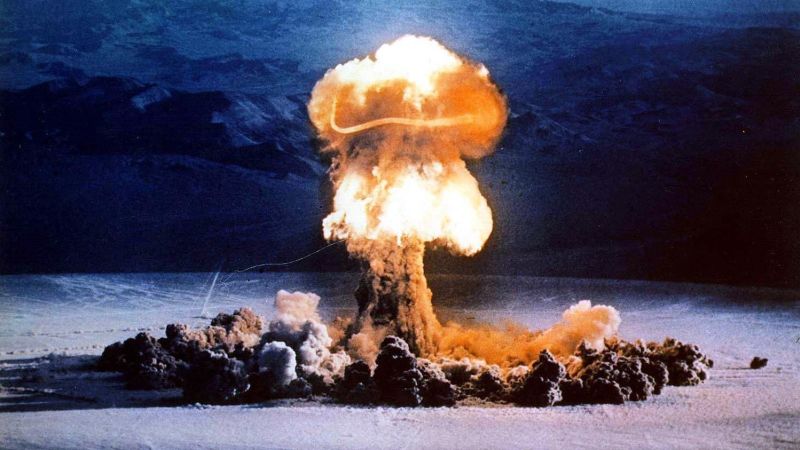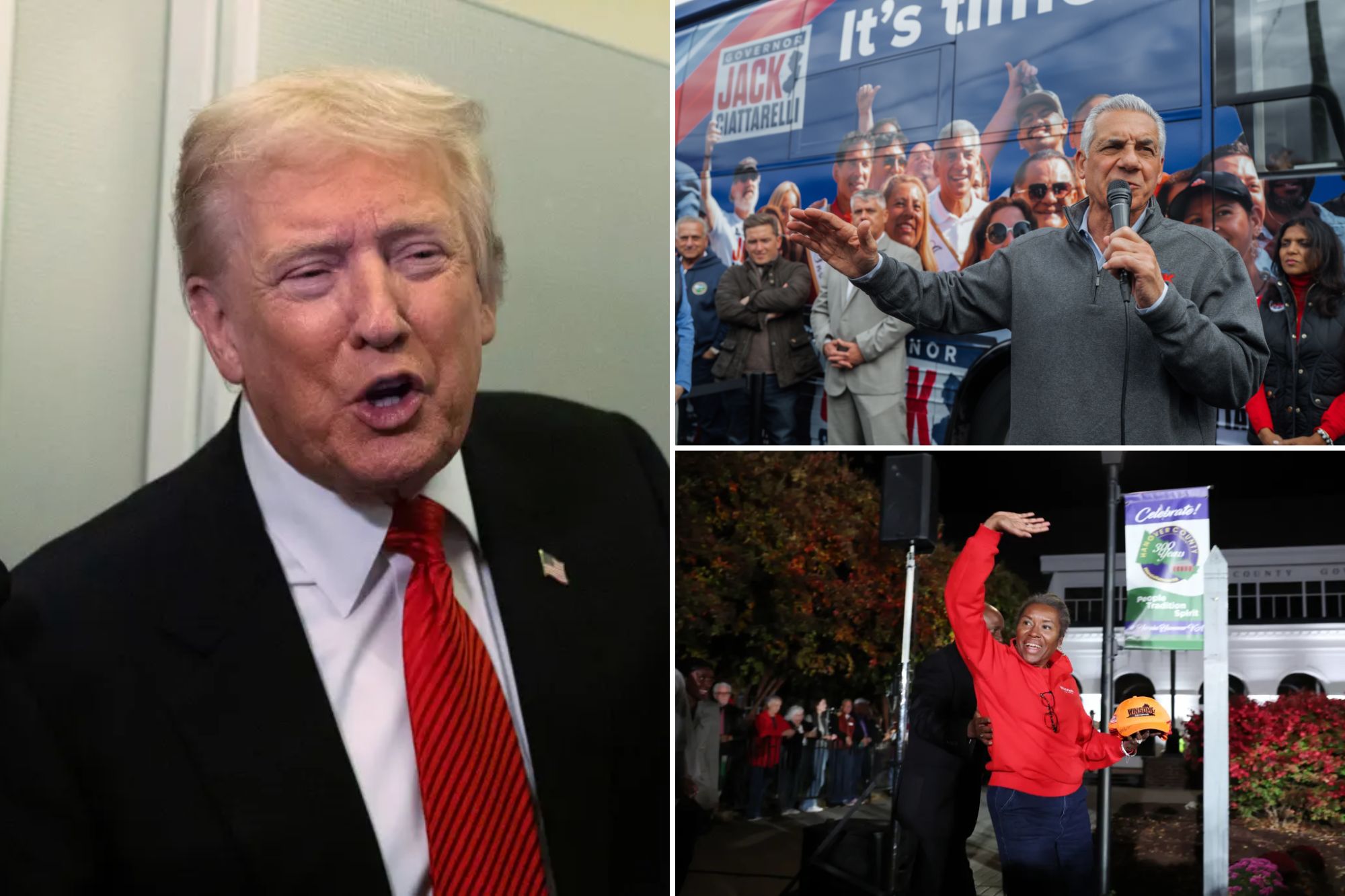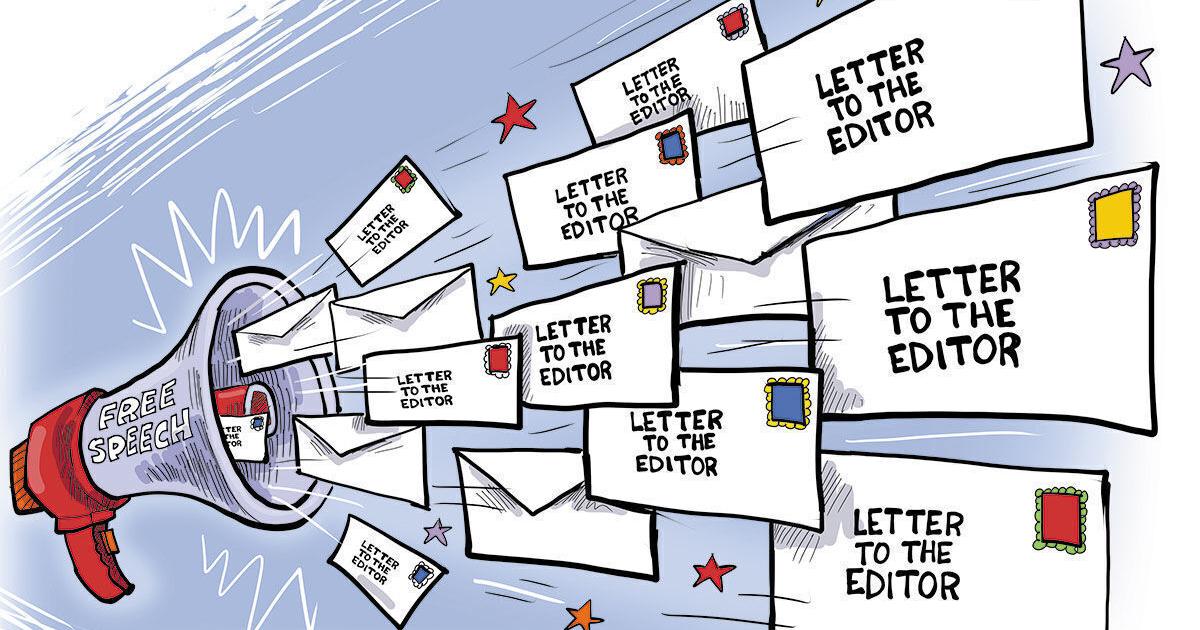The possibility of the United States resuming nuclear weapons testing has emerged as a contentious topic following a statement from former President Donald Trump. In a post on his Truth Social platform, Trump declared, “Because of other countries testing programs, I have instructed the Department of War to start testing our Nuclear Weapons on an equal basis. That process will begin immediately.” This announcement has raised eyebrows among nuclear experts and policymakers, particularly as the U.S. has not conducted a nuclear test since 1992.
Trump’s remarks come in the wake of Russian President Vladimir Putin boasting about Russia’s advancements in nuclear technology, including the testing of a nuclear-powered torpedo and a new cruise missile. Experts are now questioning the accuracy and implications of Trump’s statement. According to Matthew Bunn, a nuclear weapons expert at Harvard University, “First of all, every statement in that post is wrong.” He emphasized that the U.S. does not possess the most nuclear weapons, nor is it true that other nations are currently conducting nuclear tests as defined by international standards.
Confusion surrounding Trump’s intentions was further highlighted during a Senate Armed Service Committee hearing. Navy Vice Adm. Richard Correll, Trump’s nominee to head U.S. Strategic Command, stated, “Neither China nor Russia has conducted a nuclear explosive test,” indicating uncertainty regarding the president’s claims.
Testing Definitions and Global Context
The Center for Arms Control and Non-Proliferation defines nuclear tests as controlled explosions of nuclear devices, such as bombs or warheads. Russia’s recent missile and torpedo tests do not meet this definition, raising further questions about Trump’s assertions. Jon Wolfsthal, who has advised both President Joe Biden and former President Barack Obama on nuclear issues, pointed out that nations like Russia, the United States, and China are investing heavily in new nuclear delivery systems but are not conducting nuclear tests.
The global landscape surrounding nuclear testing has significantly changed over the last few decades. Almost all nuclear-capable nations have agreed to refrain from testing, with Russia conducting its last test in 1990, the U.S. in 1992, and China in 1996. North Korea remains the only nation to conduct nuclear tests in the 21st century, which has resulted in its status as an international pariah.
If Trump follows through with his intention to resume nuclear testing, experts warn of substantial diplomatic and technical challenges. Conducting a nuclear test would require years of preparation and could yield limited information due to the advanced state of U.S. nuclear capabilities. Critics argue that such a move could prompt other nations to pursue their own nuclear ambitions, with Bunn stating, “The country that would benefit the most would be China.”
Political Implications and Expert Concerns
The potential for resuming nuclear testing introduces significant risks in an already tense international environment. John Tierney, a former Democratic congressman and current head of the Center for Arms Control and Non-Proliferation, expressed concern over Trump’s inconsistent messaging regarding nuclear weapons. “One day he wants everyone to get rid of their nukes,” Tierney noted. “The next day he wants to start testing? It’s dangerous.”
As of now, neither the Department of Defense nor the White House has provided further clarification on Trump’s plan. Analysts fear that the former president’s statements may contribute to increased instability, complicating an already delicate geopolitical situation.
With nuclear testing at the forefront of political discourse, experts continue to monitor the implications of Trump’s announcement and its potential impact on international relations and global security.







